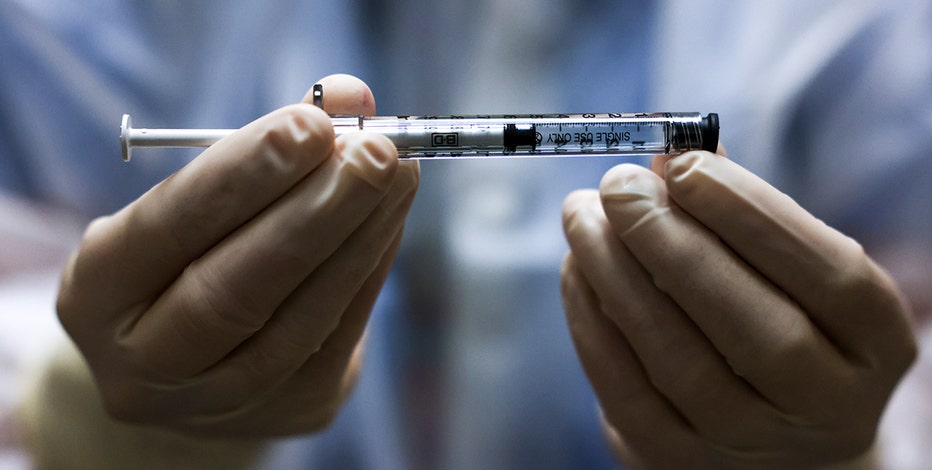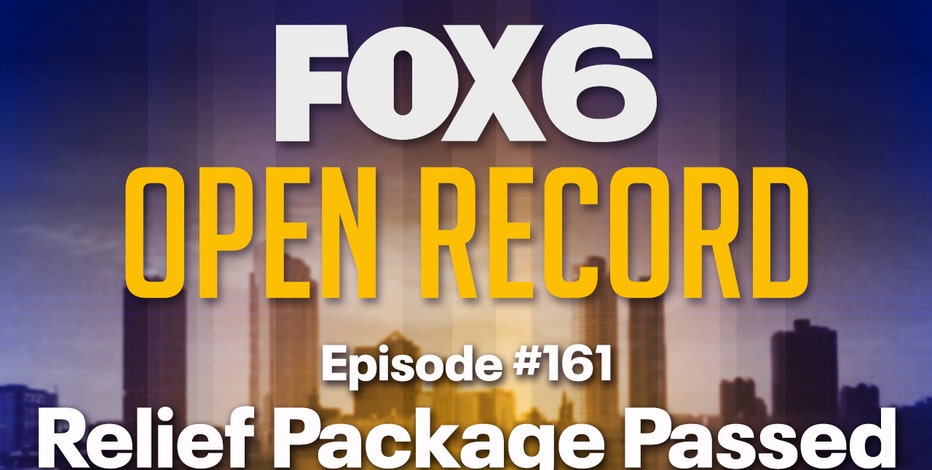'People are struggling:' 1 year later, pandemic's mental health toll endures
MILWAUKEE - For some, the COVID-19 pandemic has taken a physical toll. But for many others, it has created mental and emotional challenges. Now, local health experts want you to know – you are not alone.
"A major stressor is going to be all of the loss people have incurred," said Shawn Cahill, associate professor with UWM's Department of Psychology.

As we plan to spring forward on Sunday, March 14, we are forced to remember the past – as the month of March marks a milestone many of us never imagined reaching.
"We're social creatures, and we do best when we have regular interactions with other people," said Cahill.
As the sky brightens and our days get longer, multiple COVID-19 vaccines offer hope for a new season. Still, mental health experts are shedding light on the toll this pandemic has taken.
Cahill said stressors that have heightened anxiety for some include death or illness, social isolation, adjustments at work or in school, and financial loss.

"They've had to dig into their savings; they've had to put things like food and clothing on credit cards with high interest they're now just making minimum payments on," said Cahill.
Meantime, Milwaukee County Behavioral Health Division Administrator Mike Lappen says crisis calls for help are up.

Mike Lappen
"People are struggling," said Lappen.
In 2020, Lappen said 536 overdose deaths were recorded in the county. That's 118 more than in 2019.
"People just didn't have the help we were used to," said Lappen. "The belief is it really represented a new population who really found themselves in despair secondary to the challenges of the pandemic."
Last year, Lappen said there were 126 suicides in Milwaukee County -- 11 more than in 2019.
"There's nothing wrong with saying, 'I'm emotionally drained, I'm mentally drained, and I need someone to listen,'" said Shakita LaGrant-McClain, Milwaukee County Department of Health and Human Services director.

Shakita LaGrant-McClain
Experts say exercise, nutrition, connecting with loved ones, and getting fresh air can make a world of difference; however, LaGrant-McClain also wants people – of any age and from every walk of life – to know that help is available.
"We want to be that support so people don't have to do this alone; no one should be out there in isolation doing it alone," said LaGrant-McClain. "We need to give ourselves permission to say that we're not okay."

Resources
Mental health resources are available right at your fingertips. Free or low-cost mental health resources in the City of Milwaukee can be found HERE.
Last month, Sixteenth Street Community Health Centers announced the opening of its National Ave Clinic that will offer behavioral health, substance use disorder services, and Comprehensive Community Services (CCS). CCS is an integrated behavioral health program for adults with severe mental illness and/or substance use disorders.
For immediate assistance, the Milwaukee County Behavioral Health Division's 24-Hour Crisis Line can be reached at 414-257-7222.
The National Suicide Prevention Hotline can be reached at 1-800-273-8255.
Additional mental health resources can be found through the Centers for Disease Control and Prevention (CDC).
Featured
WI expands COVID-19 vaccine eligibility; general public eligible in May
Wisconsin plans to greatly expand the number of people eligible for the coronavirus vaccine by about 2 million people.
Featured
UW to hold 2 in-person, outdoor ceremonies for spring commencement
The spring commencement is on at the University of Wisconsin. But it will look quite different.
Featured
Open Record: Relief package passed
What does a $1.9 trillion dollar relief bill mean for the country, Wisconsin, and your family?




